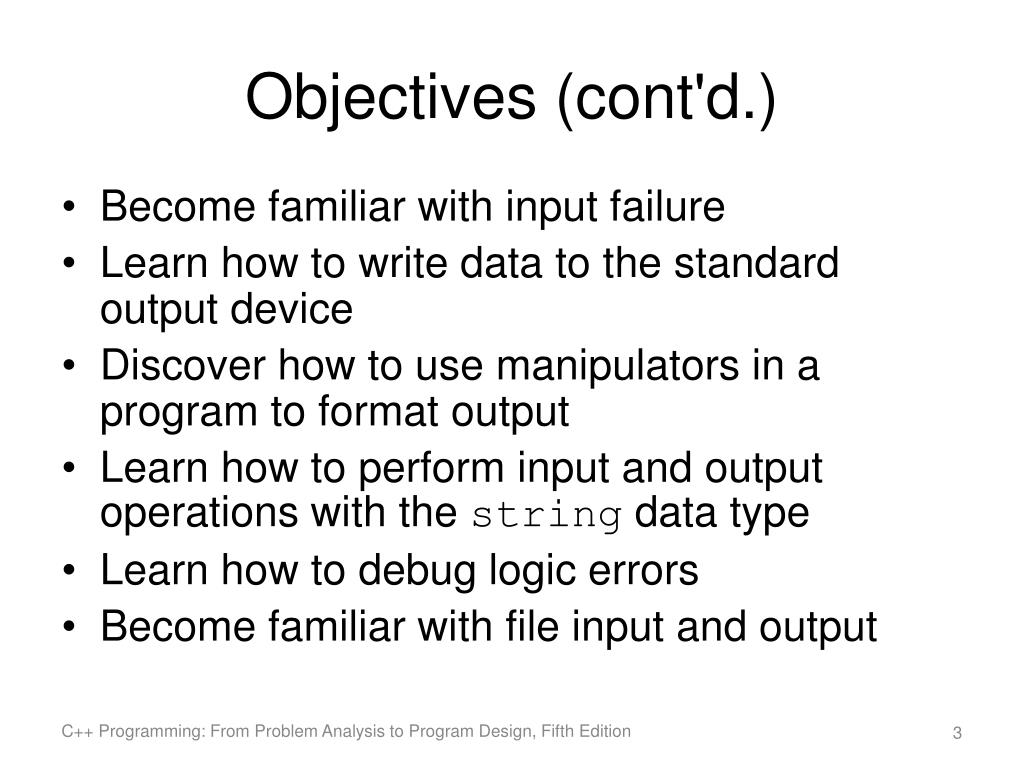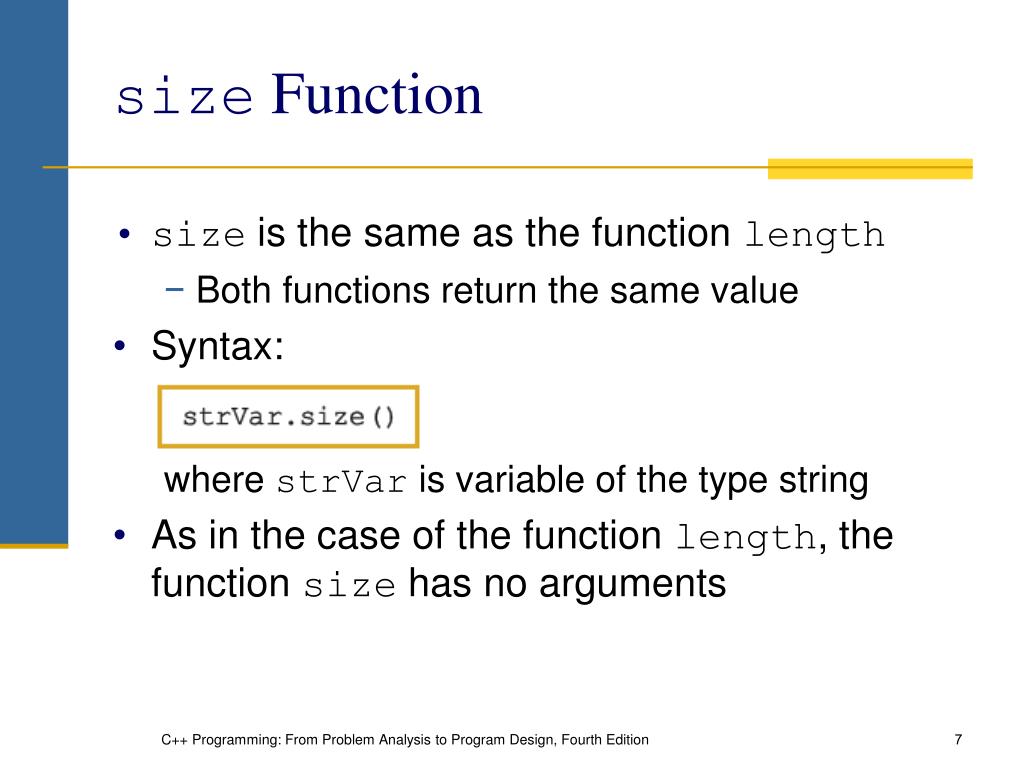- C Programming Tutorial
- C Programming useful Resources
- A function is a named block of code that perform some action. The statement written in function are executed when it is called by its name. Each function has a unique name. Function are the building block of c programs.
- C program does not execute the statements in a function until the function is called. When it is called, the program can send information to the function in the form of one or more arguments although it is not a mandatory. Argument is a program data needed by the function to perform its task. When the function finished processing, program returns to the same location which called the function.
- Selected Reading
In C, we have used Macro function an optimized technique used by compiler to reduce the execution time etc. So Question comes in mind that what’s there in C for that and in what all better ways? Inline function is introduced which is an optimization technique used by the compilers especially to reduce the execution time.
C Program Structure Typical C Programs consist of:– A function main One or more classes Each containing data members and member functions. 19.4 Defining a Class With a Member Function Class definition Tells the compiler what member functions and data members belong to the class. Keyword class followed by the class’s name. Functions allow us to test small parts of our program in isolation from the rest. This is especially true in interpreted langaues, such as Matlab, but can be useful in C, Java, ActionScript, etc. Steps to Writing a Function. Understand the purpose of the function.
A function is a group of statements that together perform a task. Every C program has at least one function, which is main(), and all the most trivial programs can define additional functions.
You can divide up your code into separate functions. How you divide up your code among different functions is up to you, but logically the division is such that each function performs a specific task.
Function In C++ Pdf
A function declaration tells the compiler about a function's name, return type, and parameters. A function definition provides the actual body of the function.
The C standard library provides numerous built-in functions that your program can call. For example, strcat() to concatenate two strings, memcpy() to copy one memory location to another location, and many more functions.
A function can also be referred as a method or a sub-routine or a procedure, etc.
Defining a Function
The general form of a function definition in C programming language is as follows −
A function definition in C programming consists of a function header and a function body. Here are all the parts of a function −
Functions In C++ Ppt
Return Type − A function may return a value. The return_type is the data type of the value the function returns. Some functions perform the desired operations without returning a value. In this case, the return_type is the keyword void.
Function Name − This is the actual name of the function. The function name and the parameter list together constitute the function signature.
Parameters − A parameter is like a placeholder. When a function is invoked, you pass a value to the parameter. This value is referred to as actual parameter or argument. The parameter list refers to the type, order, and number of the parameters of a function. Parameters are optional; that is, a function may contain no parameters.
Function Body − The function body contains a collection of statements that define what the function does.
Example
Given below is the source code for a function called max(). This function takes two parameters num1 and num2 and returns the maximum value between the two −
Function Declarations
A function declaration tells the compiler about a function name and how to call the function. The actual body of the function can be defined separately.
C++ Function Examples
A function declaration has the following parts −
For the above defined function max(), the function declaration is as follows −
Parameter names are not important in function declaration only their type is required, so the following is also a valid declaration −
Function declaration is required when you define a function in one source file and you call that function in another file. In such case, you should declare the function at the top of the file calling the function.
Calling a Function
While creating a C function, you give a definition of what the function has to do. To use a function, you will have to call that function to perform the defined task.
When a program calls a function, the program control is transferred to the called function. A called function performs a defined task and when its return statement is executed or when its function-ending closing brace is reached, it returns the program control back to the main program.
To call a function, you simply need to pass the required parameters along with the function name, and if the function returns a value, then you can store the returned value. For example −
We have kept max() along with main() and compiled the source code. While running the final executable, it would produce the following result −

C++ Basics Ppt
Function Arguments
Functions In C++ Slideshare


If a function is to use arguments, it must declare variables that accept the values of the arguments. These variables are called the formal parameters of the function.
Formal parameters behave like other local variables inside the function and are created upon entry into the function and destroyed upon exit.
While calling a function, there are two ways in which arguments can be passed to a function −

| Sr.No. | Call Type & Description |
|---|---|
| 1 | Call by value This method copies the actual value of an argument into the formal parameter of the function. In this case, changes made to the parameter inside the function have no effect on the argument. |
| 2 | Call by reference This method copies the address of an argument into the formal parameter. Inside the function, the address is used to access the actual argument used in the call. This means that changes made to the parameter affect the argument. |
By default, C uses call by value to pass arguments. In general, it means the code within a function cannot alter the arguments used to call the function.
Comments are closed.